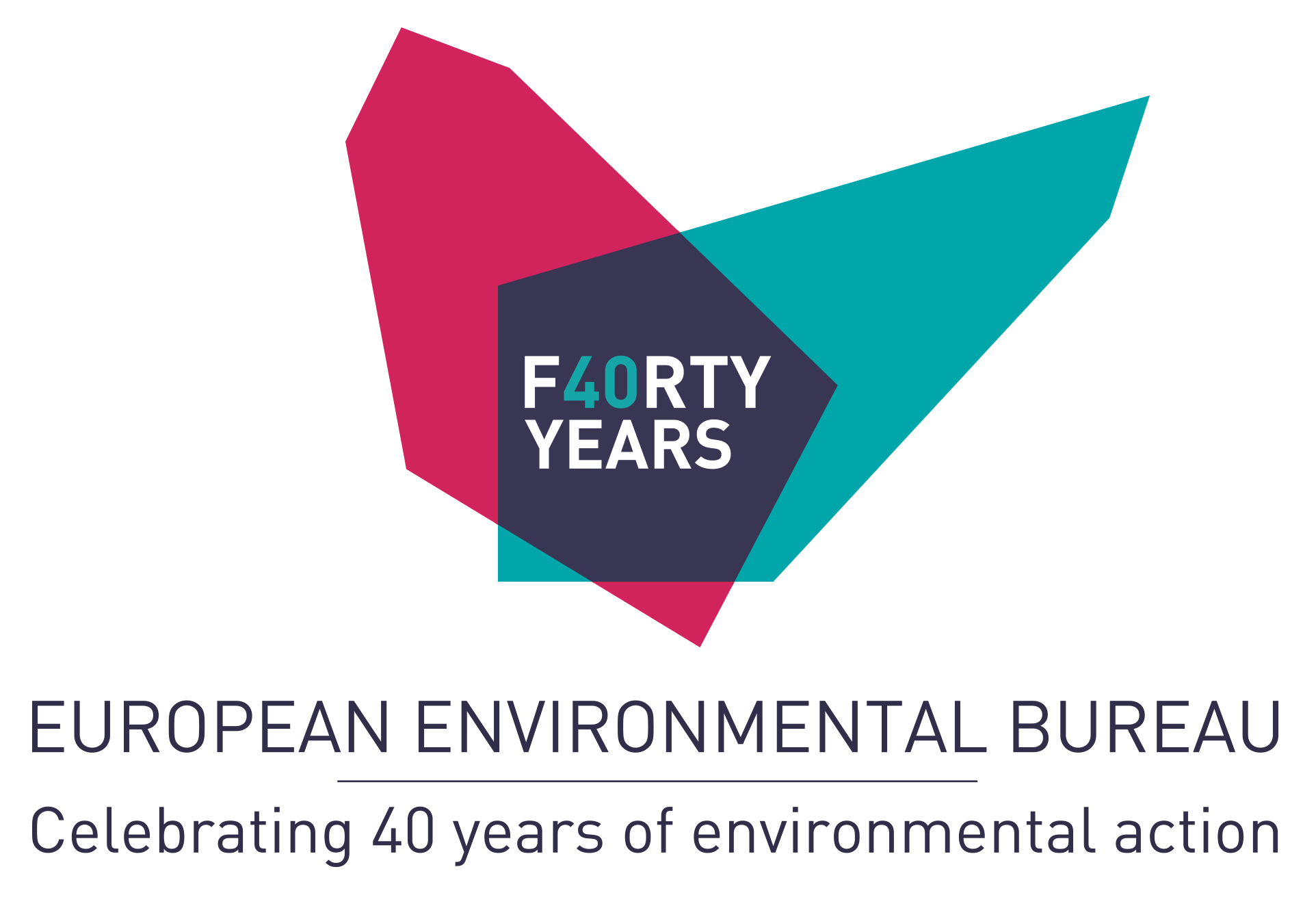

This module will explore the successes and failures of the past 40 years of environmental policy from the perspective of civil society and the EU Institutions.
Europe has developed an impressive body of environmental policy and law over the past four decades, which has led to improvements or at least mitigated environmental damage in some areas. However, in other areas there has been continuing decline and pressures have continued to increase. Improvements in resource-efficiency have not been sufficient to achieve absolute decoupling of resource use, emissions and waste generation from economic growth. This has raised fundamental doubts about the sustainability of Europe’s economic model and its preoccupation with economic growth irrespective of the environmental consequences. While Europe is on course to meet its commitments under the Kyoto Protocol, each new report from the Intergovernmental Panel on Climate Change shows the prospects of staying within the internationally-agreed limit of 2 degree C warming slipping away and underlines the need for Europe to substantially increase its efforts to cut greenhouse gas emissions. Our excessive and growing use of natural resources has ensured that, despite having some of the world’s leading environmental laws, Europe’s ecological footprint continues to greatly exceed our fair share in global terms: we would need three planets if everyone in the world lived like the average European.
This module will address the following questions:
o What have been the EU’s greatest environmental successes? What have been its greatest environmental failures?
o What factors led to these successes/failures? How would you rank the respective influences of public awareness/lifestyle choices, corporate policies and practices, and public policy (regulation and soft law) as determinants of success or failure?
o Which non-environmental sectors have most successfully integrated environmental concerns? And which least successfully? Why?
o How useful have the EU environmental action programmes been?
o Is the current range of policy tools sufficient to prevent further decline (i.e. we just need to do more of the same), or do we need different types of policy tools to turn the corner?
 Elisabeth Freytag-Rigler
Elisabeth Freytag-Rigler
 John Hontelez
John Hontelez
 Michael Scoullos
Ludwig Krämer
Michael Scoullos
Ludwig Krämer